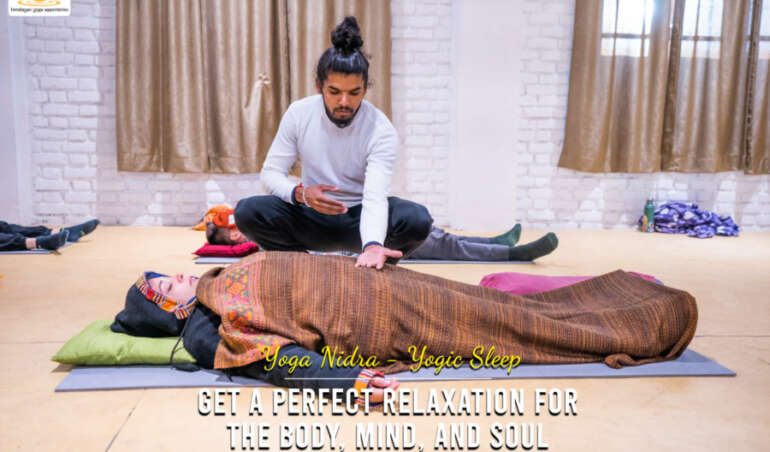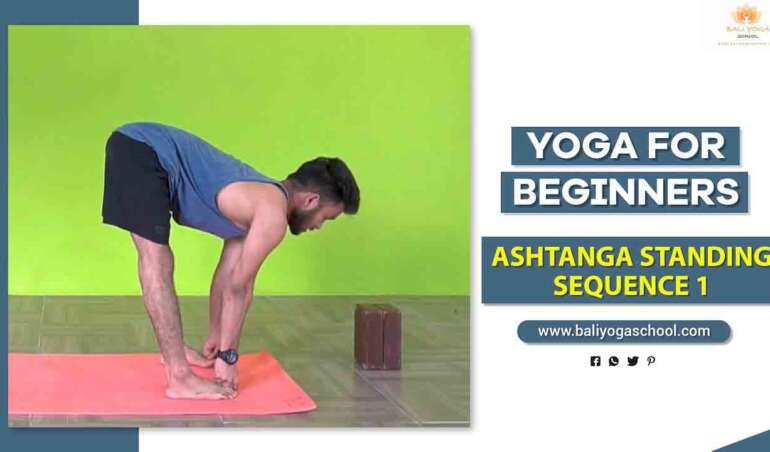
Yoga for physical and mental health
Yoga isn’t just a regular workout aimed at losing weight and maintaining fitness. The holistic practice in fact benefits many aspects of well-being that helps one to stay healthy, happy and joyful. The ancient traditional practice of Yoga goes thousands of years back and finds mention in ancient texts like Rig Veda and Charak Samhita. Even in contemporary times, Yoga is not only relevant but an essential tool to maintain physical and mental health.
Yoga is quite scientific in its approach. Many pranayamas that deal with breath control can send signals to our brain for relaxation and feeling calm. This can bring down stress which is a risk factors for many chronic diseases as well as mental health disorders. Many studies prove that Yoga can help control blood pressure which can prevent heart diseases. The asanas work wonders for improving flexibility of the body and can also improve functioning of various organs by improving flow of blood and oxygen. There are many Yoga asanas that can also provide relief in arthritis management.
In this article we will discuss various physical and mental health benefits of Yoga

Physical health benefits of Yoga
Improves flexibility: One of the initial benefits of Yoga that many people observe is that their body becomes more flexible and the bending and stretching of certain muscles become much easier than before. Yoga also helps to build and maintain muscle mass and strength which helps avoid conditions like arthritis, osteoporosis and back pain. The good news is that it’s just the beginning as it is just one of the many benefits that come along with the practice of Yoga.
Improved posture: Many of us unknowingly sit, walk and sleep in wrong postures which are the cause of many aches and pains in our body. While going through the daily motions of life, we sometimes forget to keep our spine straight which can put pressure on bones, joints and muscles. When we practice asanas and pranayamas, we are trained about the correct postures and angles, and this also helps us adopt the right postures even when we aren’t doing Yoga.
Pain relief: Yoga can also help manage chronic pain. Various asanas, breathing techniques and meditation help relieve tension from the muscles which can alleviate stiffness and pain. Yoga as a practice also has an impact on how we deal with the pain. A study published in the American Journal of Preventive Medicine proves that a 12-week yoga programme can help guard against disability and reduce pain intensity among military veterans.
Respiratory relief: Yoga improves lung function and doing certain breathing exercises can improve intake of oxygen. This can prevent and manage many respiratory conditions.
Keeps cardiovascular conditions at bay: Yoga can improve heart health in many ways. First, Yoga can help control blood pressure with its asanas and pranayama techniques. It can also alleviate stress which is a risk factor for heart disease and cardiac arrest. A 2018 study found that combining yoga practice and aerobic exercise can reduce BMI, cholesterol levels, and blood pressure in people. Many studies show that Yoga lowers resting heart rate, increases endurance, and also help in utilization of oxygen while workout.
Mental health benefits of Yoga
Improved moods: If you feel happy after practicing Yoga, it isn’t a coincidence. Yoga can increase secretion of happy hormones and help stabilise your moods. It promotes feeling of harmony and overall well-being.
Reduces stress: The different asanas and breathing techniques of Yoga bring the body and mind in perfect harmony, alleviating stress and promoting relaxation. From the sympathetic mode, Yoga brings our nervous system to the parasympathetic mode which helps us repair and rejuvenate. Various studies suggest that regular practitioners of Yoga report lower cortisol levels, the stress hormone.
Anxiety relief: Yoga can help promote mindfulness and gain control over relentless negative thoughts. When your body, mind and soul are aligned all the worries and anxieties are relieved on their own. Even during a panic attack, practicing mindfulness can help you come out of it. Researchers say that people who practice Yoga have high levels of GABA activity which is usually found to be lower in people with anxiety and mood disorders.
Better sleep: Yoga is very effective in improving quality of sleep. Studies confirm that those with sleep disorders and insomnia experience improvement in their quality of sleep after practicing Yoga. Body scanning can help alleviate tension from all the muscles in the body and help with deep relaxation.
Helps improve resilience: Stress can often affect our tolerance levels. There will always be uncertainties in life and to ensure you do not get unnecessarily stressed about these unknown factors, one must practice Yoga as it can improve resilience and help you stay calm and composed in the face of adversity.





